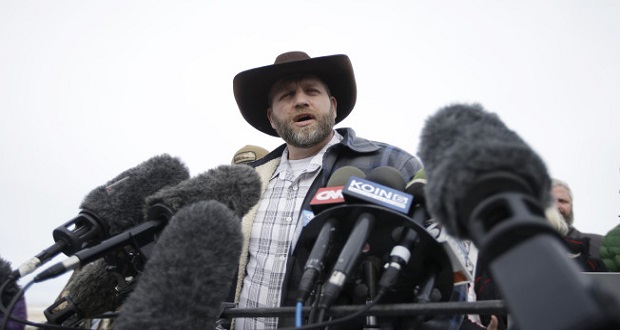 Two studies released last week put into question how much progress we are really making in D&I.
Two studies released last week put into question how much progress we are really making in D&I.
Chuck Shelton, Managing Director at Greatheart Leader Labs in Seattle conducted a survey among 700 leaders in major companies including Alcoa, Bank of America, Intel, Exelon, Marsh & MClennan Companies, PepsiCo, Wal-Mart Stores and PWC. The survey found that 45% of white men rated diversity efforts as effective at their respective companies while only 21% of women and people of color agreed.
In the second study, published in the March issue of the Journal of Personality and Social Psychology, researchers from the University of Washington and the University of California Santa Barbara found that just the existence of a diversity program influenced how the courts ruled on cases of discrimination. They analyzed 1,000 federal civil rights legal decisions and found that judges showed deference to organizations’ diversity management structures as “evidence” of an organization’s compliance with civil rights law.
The researchers also used surveys to measure participants’ perceptions of companies’ fairness toward their minority employees. After being showed evidence that women who were identically qualified as men were disproportionately passed over for interviews at a company, participants in their study were less willing to support litigation against the company when they saw that it offered diversity training.
The study further found that diversity structures often increase people of color and women’s sense of belonging but can create a false illusion of fairness as there was not corresponding evidence that these companies actually hired, promoted and developed underrepresented groups.
The authors concluded that diversity programs “can simply serve as a cosmetic short-cut that convince others that companies value diversity and treat employees equally.”
I think these are two very compelling studies with similar messages about the success of D&I programs. Chuck Shelton’s study indicated “lack of candor” as the key reason for the disparities in perceptions.
I agree. I still find in 2013 that both white men and women and people of color are skittish about talking about their differences. Shelton concluded that there is fear of “getting into trouble” so the discussion of race or gender is avoided. Compound that with the findings of the researchers from the University of Washington and the University of California Santa Barbara indicating that if you simply have a program effective or not, the courts would assume that you do not discriminate. Therefore there is really little incentive to make REAL progress.
From my perspective the fear comes primarily from a lack of cultural competence. We have focused on making leaders aware and sensitive but we have not spent the necessary time on helping them become competent. (See The Cultural Competence Mandate) The Shelton study showed wide gaps between White male perceptions and those of women and people of color in White males’ ability to coach across difference and to build strong diverse teams. I maintain it is because they do not know how. It is not something to be ashamed of or to criticize White men for. Rather it is something to correct with ongoing competence based learning. We take for granted the complexities of differences. They are often subtle and nuanced but very impactful.


















